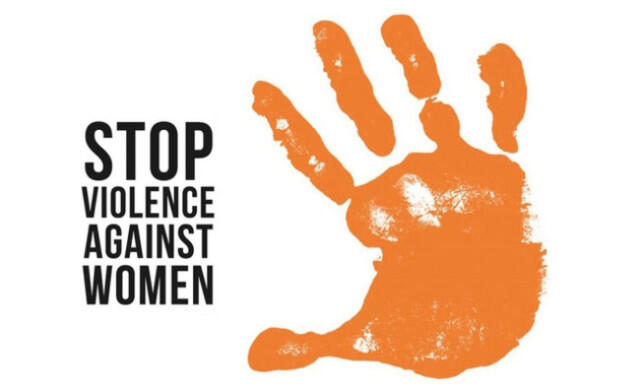Nur-Sultan, 26 November 2020 - The International Online Conference entitled “Preventing Gender Based Violence against Women and Strengthening Women's Access to Justice” (the Conference) has taken place today as part of the “16 Days of Activism against Gender-based Violence” global campaign.
The conference is jointly organized by the National Commission for Women, Family and Demographic Policy under the President of the Republic of Kazakhstan (National Commission), OSCE Programme Office in Nur-Sultan, OSCE Office for Democratic Institutions and Human Rights (ODIHR), UN Women, UNFPA (United Nations Population Fund) and Ne Molchi Public Fund.
“Fighting violence is one of the priorities of our government. Domestic violence has negative consequences on society and country’s development. All measures taken by Kazakhstan are aimed at creating zero tolerance for violence against women and children”, said the Chairman of the National Commission Lazzat Ramazanova in her opening remarks.
The participants of the conference included members of the National Commission, representatives of the central state bodies, international organizations, employees of the regional Commissions for Women, Family and Demographic Policy, Heads of Crisis Centers.
The key speakers led discussions on the best international practices in preventing domestic violence, issues related to the interagency response to domestic violence, activities of the crisis centres and effectiveness of the measures to prevent and combat violence against women during the COVID-19 pandemic.
According to the Rapid Gender Assessment conducted by UN Women and UNFPA as part of COVID-19, 15.3% of the respondents noted that they had heard or experienced an increase in cases of domestic violence since the COVID-19 had started to spread. Women, urban residents, respondents aged 25-34 years (16.6%), divorcees (22.8%) and representatives of the lowest-income part of the population (22%) reported most frequently knowing of cases or experiences of domestic violence during the quarantine period. More than 80% of the women surveyed had not benefitted from maternal health services, family planning or psychological support for survivors of domestic violence since the beginning of the spread of COVID-19.
In its efforts to tackle and mitigate gender-based violence, in 2020 the OSCE Programme Office in Nur-Sultan built capacity of Crisis Centers in eight regions of Kazakhstan by providing additional premises and hiring experts to provide comprehensive assistance to individuals subjected to domestic violence.
“In Kazakhstan, more than 500 applications are received every day by the police on family and domestic conflicts, that is why protection and support from the state, international foundations, and non-governmental organizations should reach every family. It is necessary to carry out comprehensive, systematic work, both with survivors of violence and with aggressors. The only way to stop violence is to unite efforts and combat together!”, said Dina Smailova, a human rights activist, one of the leaders of the Ne Molchi International Movement.


